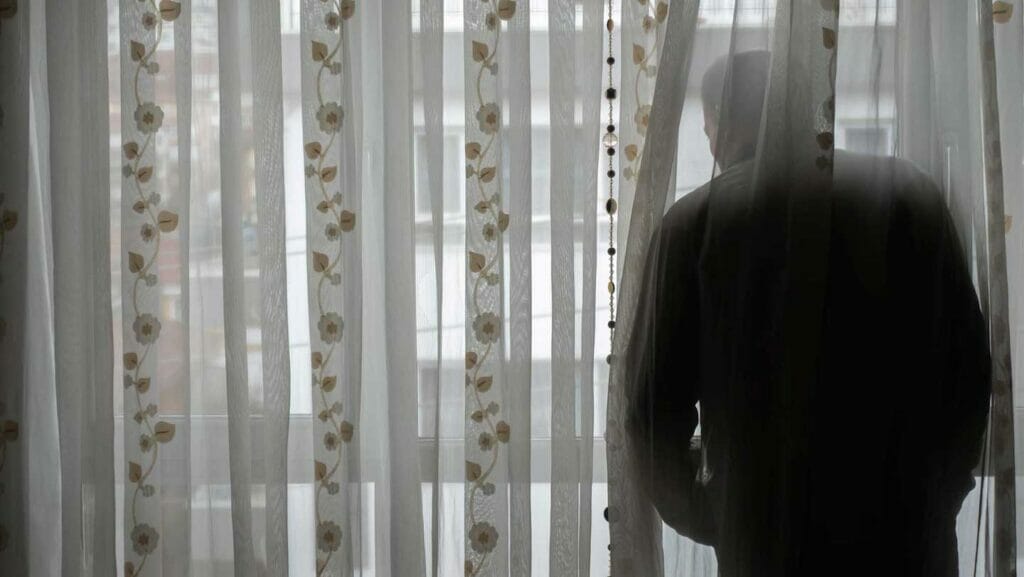
The state of South Carolina violates the Americans with Disabilities Act by unnecessarily segregating adults with serious mental illness in assisted living communities, the US Department of Justice said Thursday.
In such settings, the department said in an announcement of the findings of an investigation, “people have little contact with people without disabilities, often leaving the homes only for medical appointments and group visits to grocery and convenience stores. Critical services that would allow adults with mental illness to live instead in their own homes and communities are not sufficiently available across the state.”
A LeadingAge South Carolina board member told McKnight’s Senior Living that the group’s members “support the rights of people with serious mental illness to live as independently and free as is reasonable” and would work with state officials “to help determine how we can be a part of the plan to help South Carolina meet any requirements of the ADA where South Carolina may fall short.”
The Justice Department said it reached its conclusion after an investigation that included a review and analysis of documents; interviews with staff members and people living in community residential care facilities (also known as assisted living facilities and adult care homes), South Carolina state employees and others; and visits to facilities statewide. The department said it found that South Carolina lacks community-based mental health services such as assertive community treatment, supported employment, permanent supportive housing, intensive case management and peer support.
“These services are provided in certain parts of the state but are not sufficiently available to afford opportunities to avoid or move out of adult care homes and live in the community,” the DOJ said. “As a result, thousands of adults with mental illness are segregated in adult care homes for years.”
Approximately 2,000 people with a serious mental illness live in community residential care facilities in South Carolina, according to a 23-page report that describes the findings of the investigation. Among a sample of facility residents with serious mental illness, the DOJ found lengths of stay up to 35 years, with an average stay of five years.
“People with disabilities should not be isolated in institutions for years on end when they can and want to live in their own homes,” Assistant Attorney General Kristen Clarke of the Justice Department’s Civil Rights Division said in a statement. “The Civil Rights Division will safeguard the rights of people with disabilities to ensure that they are able to participate fully in community life.”
In a letter Thursday, Clarke told attorneys for the state Department of Mental Health and Department of Health and Human Services that the Justice Department hopes to work with the state to reach a “consensual resolution” to the issues raised in the report but could sue the state to ensure ADA compliance if a resolution is not reached.
The South Carolina Department of Mental Health and the Department of Health and Human Services are responsible for overseeing the state’s adult mental health system. The DMH, among other responsibilities, operates two adult psychiatric hospitals and eight community residential care facilities for individuals with serious mental illness. HHS is South Carolina’s Medicaid agency and also administers the Optional State Supplementation program for older adults and blind and disabled individuals who live in community residential care facilities, as well as its companion program, Optional Supplemental Care for Assisted Living Participants.
Danny Sanford, a LeadingAge South Carolina board member and LeadingAge representative, told McKnight’s Senior Living on Friday that the state had just received the DOJ finding the previous day and that LeadingAge first saw it on Friday.
“We will now be in contact [with] our state officials and work with them to help determine how we can be a part of the plan to help South Carolina meet any requirements of the ADA where South Carolina may fall short,” said Sanford, who is president and CEO of the Still Hopes Episocal Retirement Community in West Columbia, SC.
“We support the rights of people with serious mental illness to live as independently and free as is reasonable, and all our LeadingAge members are of that same mindset, across the board,” he continued. “We know that the community residential care facility setting is not the best setting for all people, and as we work on the ministry and mission side of the care equation in our state, we will serve those with serious mental illness to the best of our abilities and applaud any program improvements that will make their day-to-day lives better. Should South Carolina provide programs and services that help those with serious mental illness live well, outside the community residential care facility setting, our members will certainly help to make that happen.”
Randy Lee, president of the South Carolina Health Care Association, told McKnight’s Senior Living that the organization does not represent providers in the Optional State Supplementation program and had no comment on the report.
The Justice Department’s investigation was noted in a report released in February by Disability Rights South Carolina and the South Carolina Institute of Medicine and Public Health. That report asserted that “South Carolina’s current service system relies heavily upon institutional settings and does not adequately encourage or support community engagement, violating the ADA and the Olmstead decision.”
Read more state news here.

